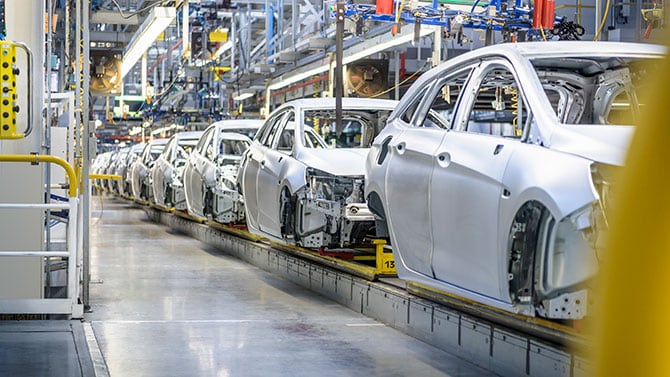The automotive https://cbrt76.com/ industry stands as a testament to human ingenuity and progress, with its roots tracing back to the invention of the wheel. Over the centuries, automobiles have evolved from basic horse-drawn carriages to sophisticated machines that dominate our roads today.
The Evolution of Automobiles
Impact on Society
The invention of automobiles revolutionized transportation, making travel faster, more convenient, and accessible to the masses. From the Model T to modern-day hybrids, cars have become an integral part of everyday life, shaping urban landscapes and societal norms.
Technological Advancements
Advancements in technology have propelled the automotive industry forward, leading to innovations like fuel injection, safety features, and infotainment systems. The integration of artificial intelligence and data analytics has further enhanced vehicle performance and user experience.
Types of Vehicles
Passenger Vehicles
Passenger vehicles cater to individual transportation needs, ranging from compact hatchbacks to luxury sedans. These vehicles prioritize comfort, safety, and efficiency, offering a diverse range of options to suit varying preferences and budgets.
Commercial Vehicles
Commercial vehicles play a crucial role in transporting goods and services, facilitating trade and commerce on a global scale. Trucks, vans, and buses form the backbone of logistics networks, supporting industries ranging from agriculture to e-commerce.
Electric Vehicles
The shift towards electric vehicles represents a significant paradigm shift in the automotive industry, driven by concerns over environmental sustainability and energy efficiency. Electric cars offer zero-emission alternatives to traditional combustion engines, promising cleaner air and reduced reliance on fossil fuels.
Major Players in the Automotive Sector
Toyota
As one of the largest automakers in the world, Toyota has established itself as a leader in innovation and reliability. From the iconic Prius to the rugged Land Cruiser, Toyota offers a diverse lineup of vehicles that cater to a global audience.
Volkswagen
Volkswagen has made a mark on the automotive industry with its iconic Beetle and innovative engineering. The German automaker continues to push boundaries with its electric vehicle initiatives, aiming to lead the charge towards sustainable mobility.
General Motors
General Motors boasts a rich history of automotive excellence, with brands like Chevrolet, Cadillac, and GMC under its umbrella. With a focus on cutting-edge technology and design, GM remains a formidable force in the competitive automotive landscape.
Challenges and Opportunities
Environmental Concerns
The automotive industry faces mounting pressure to address environmental concerns, including air pollution and climate change. Automakers are investing in cleaner technologies and sustainable practices to reduce their carbon footprint and meet regulatory requirements.
Emerging Markets
Emerging markets present lucrative opportunities for growth and expansion, fueled by rising incomes and urbanization. Automakers are tapping into these markets to diversify their customer base and capitalize on untapped potential.
Technological Disruptions
Technological disruptions, such as autonomous driving and connected vehicles, are reshaping the automotive landscape. Automakers must adapt to rapid advancements in software and hardware to stay competitive and meet evolving consumer expectations.
Future Trends
Autonomous Vehicles
Autonomous vehicles represent the future of transportation, promising safer roads and enhanced mobility for all. From self-driving taxis to long-haul trucks, autonomous technology is poised to revolutionize how we move from point A to point B.
Sustainability Measures
Sustainability measures are becoming increasingly important in the automotive industry, with a growing emphasis on recycling, renewable materials, and eco-friendly manufacturing processes. Automakers are embracing circular economy principles to minimize waste and conserve resources.
Connectivity Features
Connectivity features are transforming the driving experience, with seamless integration of smartphones, navigation systems, and entertainment options. From voice commands to over-the-air updates, connected vehicles offer unparalleled convenience and customization.
Conclusion
The automotive industry is at a crossroads, poised for transformation amid technological advancements and shifting consumer preferences. By embracing innovation, sustainability, and collaboration, automakers can navigate challenges and capitalize on opportunities to shape a brighter future for mobility.

